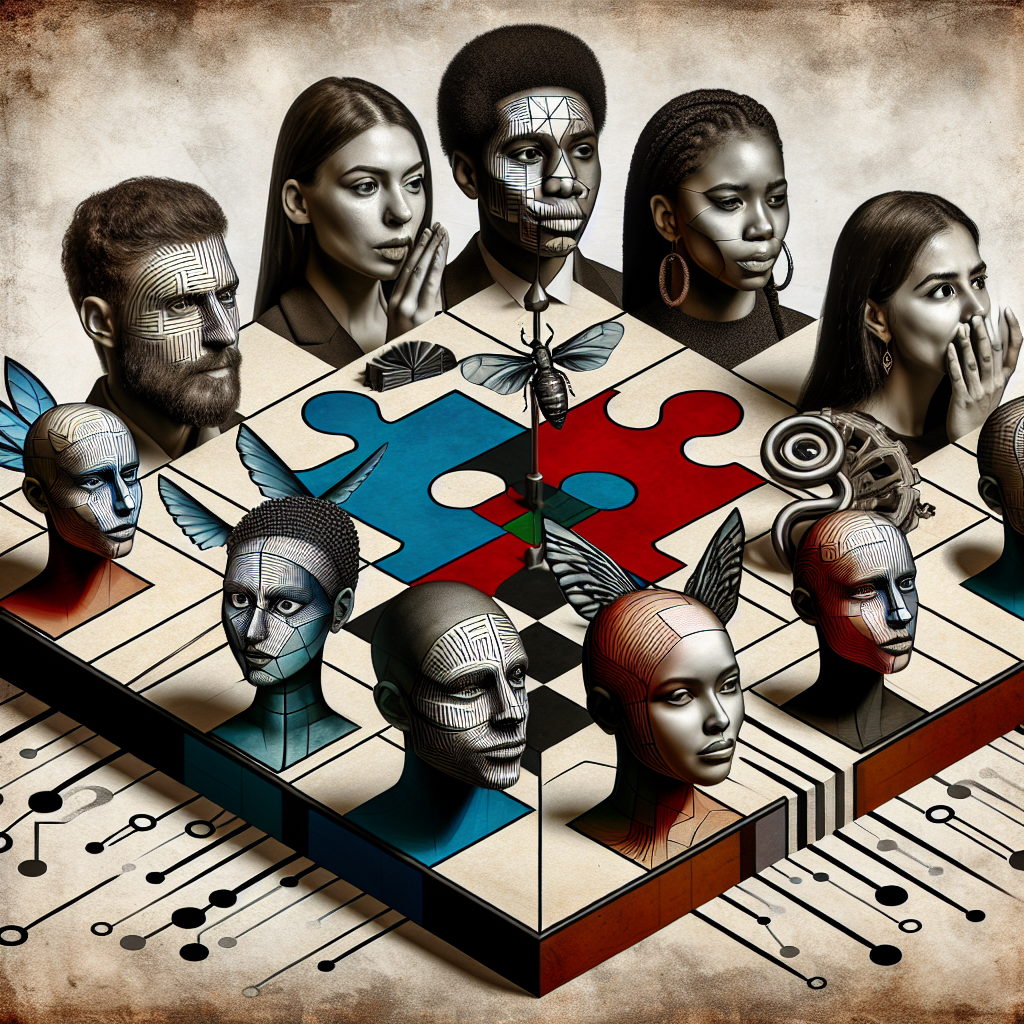Ever come home from a party, hangout, or Zoom call feeling completely drained, even if you genuinely enjoyed it? You’re not alone. Many people — especially introverts — wonder why socializing makes you tired, and the answer lies deep within your brain chemistry and personality traits.
Let’s explore the psychological and biological reasons behind post-social exhaustion — and how to balance your energy better in social situations.
The Mental Energy Cost of Social Interaction
🧠 1. Constant Processing
When you’re around others, your brain is constantly scanning for social cues: facial expressions, tone of voice, eye contact, pauses, microreactions. This non-stop monitoring burns mental calories — even if you’re not aware of it.
🧠 2. Emotional Regulation
In social settings, you often manage your reactions, hide discomfort, and present your “best self.” That requires self-control, which tires the brain just like a muscle.
🧠 3. Mirror Neurons & Empathy
We subconsciously mimic and absorb the emotions of those around us — especially in emotionally charged environments. This can lead to emotional fatigue, particularly for empaths or highly sensitive people.
Why Introverts Get More Drained
While both introverts and extroverts can enjoy socializing, introverts are more likely to:
- Process interactions more deeply
- Get overstimulated by too much input
- Recharge through solitude
Psychologist Carl Jung described introversion as inward-focused energy. That means even a good time with others can still leave you in need of recovery time.
Related: The Psychology Behind Overthinking: Why Your Brain Won’t Stop
Physical Signs of Social Fatigue
- Brain fog or sluggish thinking
- Feeling irritated for “no reason”
- Wanting to isolate without explanation
- Yawning or low physical energy
- Sensory overload (lights, noise feel overwhelming)
These symptoms often get misread as antisocial behavior — but they’re your body asking for rest.
How to Socialize Without Burning Out
✅ 1. Know Your Limit
Track how long you can enjoy a social event before feeling drained. For some, it’s 2 hours; for others, it’s 5. Learn your social energy threshold.
✅ 2. Take Micro-Breaks
At events, sneak outside for 5 minutes or find a quiet corner to breathe and reset your nervous system.
✅ 3. Choose Meaningful Interactions
Small talk is more draining than authentic conversations. Focus on fewer, deeper connections.
✅ 4. Recharge Consciously
Plan solitude after social time — like a solo walk, music, or journaling — so your mind can recover.
Extroverts Can Feel It Too
Extroverts may get energy from people, but they’re not immune to burnout — especially in emotionally intense or high-pressure social situations like work events or conflict-heavy groups.
Final Thoughts
The next time you wonder why socializing makes you tired, remember: it’s not because something’s wrong with you. Your brain is doing an incredible amount of work behind the scenes.
Understanding your unique energy flow can help you design a more balanced social life, where joy doesn’t have to come at the cost of exhaustion.
✅ Next Up: Curious why some people lie even when they don’t need to? Check out The Psychology of Deception



